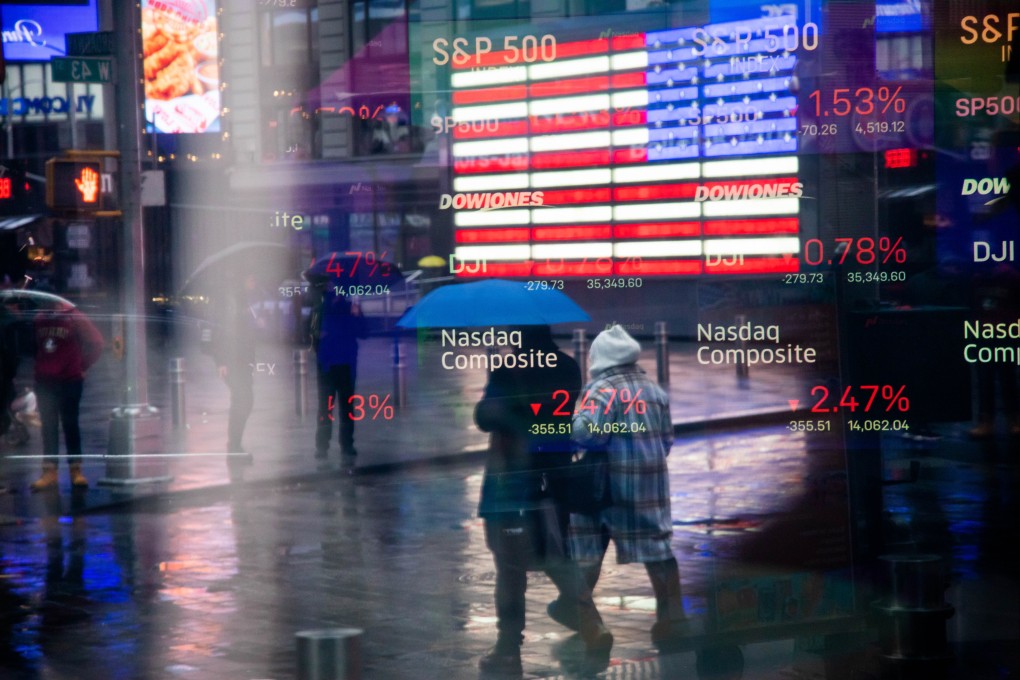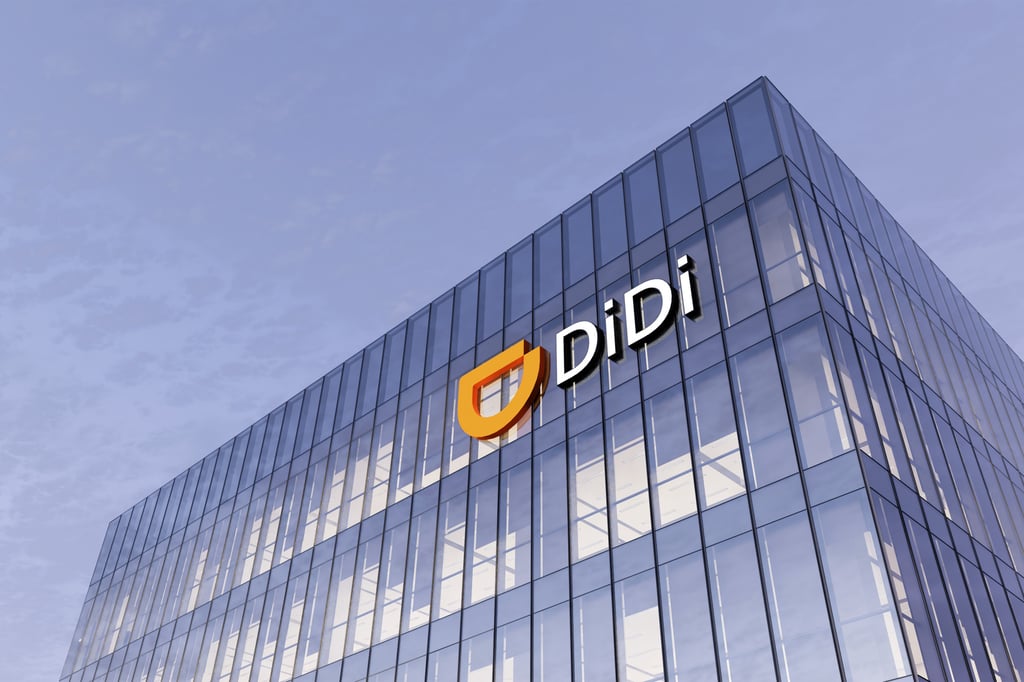Advertisement
Explainer | How can Didi Global and 200 other mainland Chinese companies delist from the US?
- Chinese companies can delist from a US securities exchange by either ‘going dark’ or ‘going private’
- A successful move by Didi Global to list in Hong Kong could pave the way for more than 200 US-listed Chinese companies who face heightened regulatory scrutiny
Reading Time:3 minutes
Why you can trust SCMP
3

Ride-hailing giant Didi Global plans to delist from the New York Stock Exchange and launch a share offering in Hong Kong as early as the second quarter. Its success will provide a template for other Chinese companies looking to make the switch.
Currently, there are more than 200 mainland Chinese companies listed on US exchanges, which have come under increasing scrutiny from US regulators, right from their accounting standards to alleged ties to the military and use of forced labour in the Xinjiang autonomous region.
Here’s what they can do.

How does a company delist from a US exchange?
Advertisement
Chinese companies can delist by either “going dark” or “going private”, according to Stephen Chan Yiu-kwong, a partner in Hong Kong at law firm Dechert.
The primary difference is that a company that “goes dark” can continue trading on the over-the-counter (OTC) market after the date of deregistration, whereas a company that “goes private” can no longer trade after the delisting, he said.
Advertisement
The companies that want to delist must file a Form 25 to the Securities and Exchanges Commission, and issue a press release and post a notice on its website 10 days before the delisting takes effect.
Advertisement
Select Voice
Choose your listening speed
Get through articles 2x faster
1.25x
250 WPM
Slow
Average
Fast
1.25x